Nuclear Stability in Southern Asia
Synopsis
India’s and Pakistan’s reciprocal nuclear tests in 1998 irrevocably altered the strategic situation in Southern Asia and sparked off a global debate on nuclear weapons, arms control and nuclear deterrence. The trilateral nature of the nuclear adversarial relation in the region, comprising the security concerns of China, India and Pakistan, presents a challenge to existing theories and practices of nuclear deterrence premised on dyadic structures. The security situation on the Indo-Pak border and its linkages with cross border terrorism has serious implications for nuclear deterrence in the region. The Kargil War, a conventional war fought under the nuclear shadow, has thrown up new challenges for Southern Asian nuclear stability. This volume discusses different aspects of nuclear weapons including doctrinal issues, nuclear confidence building, terrorism and its linkages with nuclear deterrence, and nuclear safety within the context of vast experience of senior defence personnel involved in preparing India’s draft nuclear doctrine and senior policy and strategic analysis in the country to present a comprehensive debate on nuclear stability in the region.
Read more
18.00
16.2
$
20.00 $
Free delivery Wolrdwidе in 10-18 days
Ships in 1-2 days from New Delhi
Membership for 1 Year $35.00
Get it now and save 10%
Get it now and save 10%
BECOME A MEMBER
Books by the same authors
-

National Security in South Asia: A New Paradigm
-

Perspectives on National Security in South Asia: in Search of a New Paradigm
-
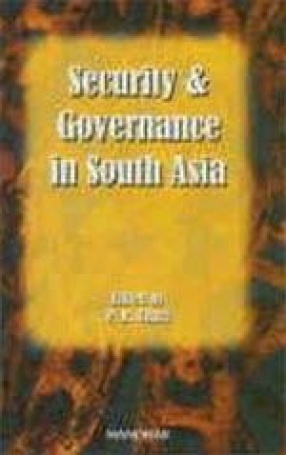
Security and Governance in South Asia
-
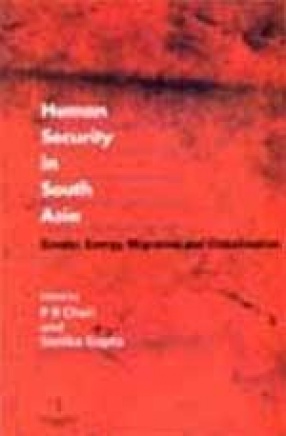
Human Security in South Asia
-
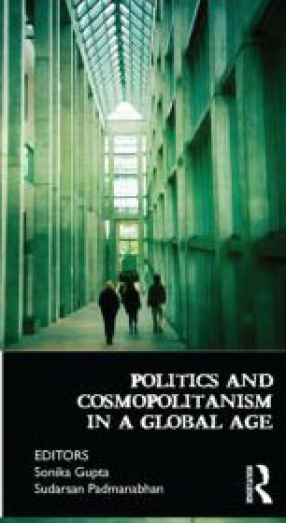
Politics and Cosmopolitanism in A Global Age
-
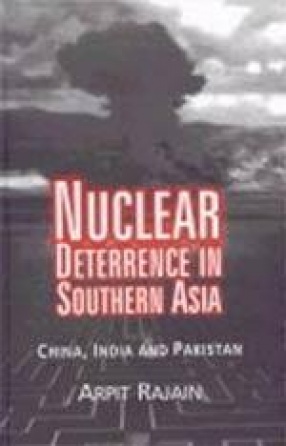
Nuclear Deterrence in Southern Asia: China, India and Pakistan
-

Biological Weapons: Issues and Threats

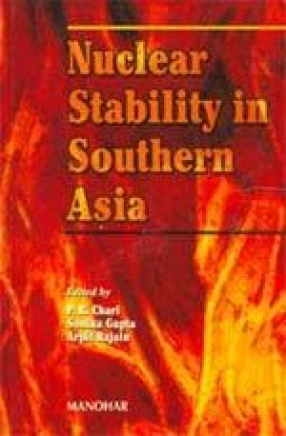





Bibliographic information
Sonika Gupta
Arpit Rajain